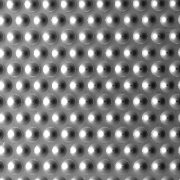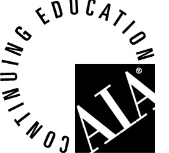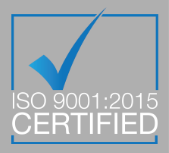Rigid-tex® textured metals minimize surface contact area compared with flat metals. This process greatly reduces friction, static cling, and helps end machine jam-ups and downtime. Raw or packaged materials move faster and easier through conveyors, packaging machinery, food processing equipment, and any other material handling applications.
Available in stainless steel and other metals with a choice of embossed metal patterns and finishes to meet your needs. Contact a representative to learn more.
Download our Material Handling brochure, here.


